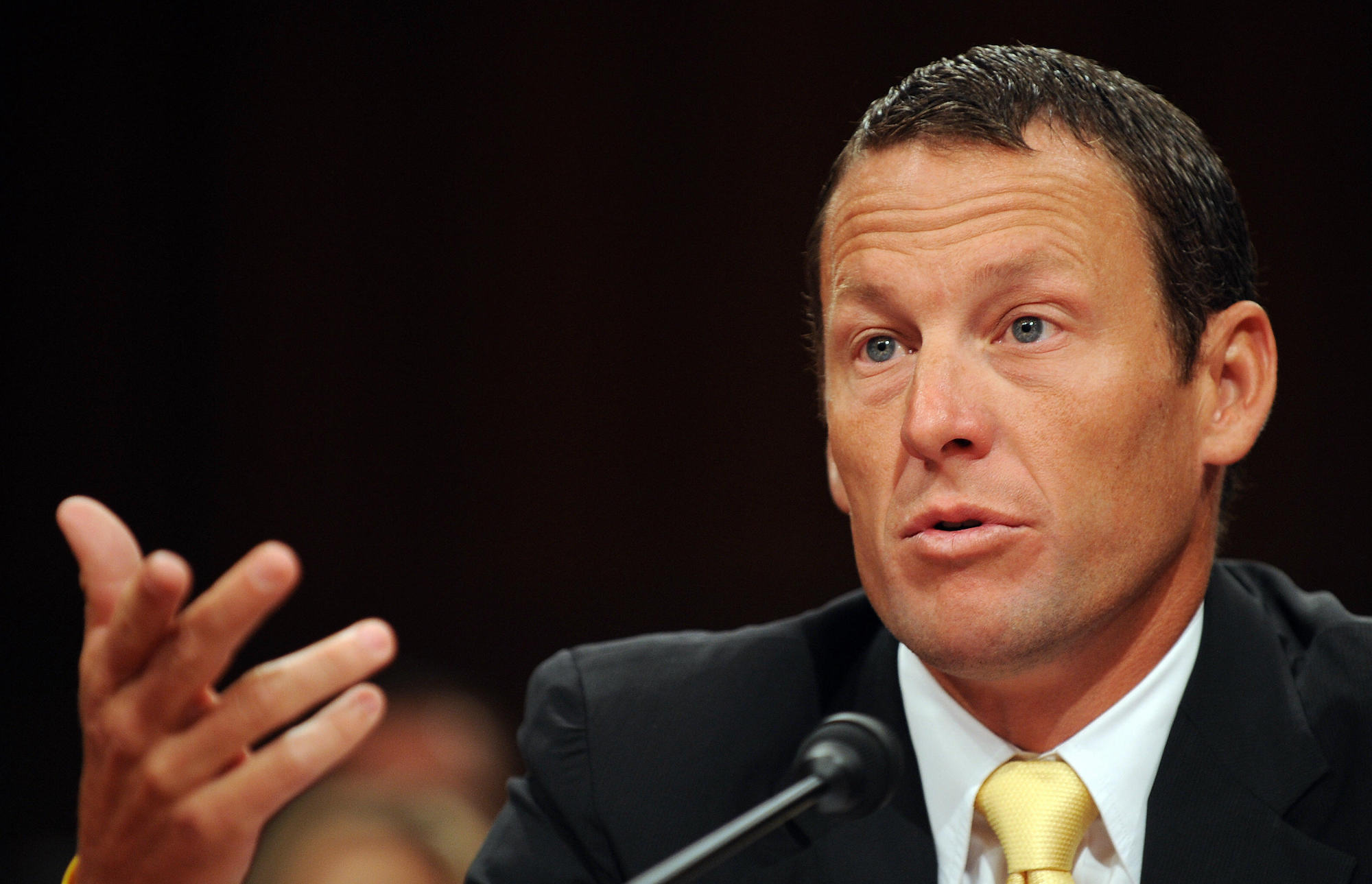Doping researcher who defended Lance Armstrong receives doping ban
The expert argued at the time that doping was widespread in the peloton

Lance Armstrong (Tim Sloan/AFP via Getty Images)
A doping researcher who testified on behalf of Lance Armstrong during the US Department of Justice case has been banned from cycling for doping.
John Gleaves, an assistant professor at California State University, has accepted a four-year suspension after testing positive at the Masters Track National Championships last August.
The 36-year-old tested positive for oxandrolone metabolites, a hormone and metabolic modulator, and has had any results since the date of the test disqualified and been forced to forfeit any medals, points and prizes he collected.
Gleaves reportedly gave evidence on the widespread problem of doping in cycling in the case brought by the US Department of Justice that accused Armstrong of misusing federal funds, as the Texan's team had been sponsored by the US Postal Service and inadvertently funded his doping.
>>> We simulated Milan – San Remo 2020 on Pro Cycling Manager…so who won?
Despite potentially having to pay $100 million, Armstrong eventually settled with the US Department of Justice for $5 million.
In a blog post published shortly after Armstrong was stripped of his Tour de France victories received his lifetime ban from sport, Gleaves wrote that no-one could honestly call themselves the winner of the seven Tours de France that Armstrong had stripped from him.
The latest race content, interviews, features, reviews and expert buying guides, direct to your inbox!
"I am not apologizing for Armstrong nor do I condone cheating. But if we want to take away Armstrong's victories, we must admit that no one can honestly call themselves the winner of the seven Tour de France wins Armstrong vacates," Gleaves wrote.
"Even if one of those individuals competed dope-free, the chances are high that one or more of their teammates doped. Does that mean we erase the 1999 through 2005 Tours as if they never happened? No. Rather we should leave Armstrong with his titles, point out the institutional flaws that permitted a culture of rule-breaking, and work towards creating fair and enjoyable sport for all parties."
Jonny was Cycling Weekly's Weekend Editor until 2022.
I like writing offbeat features and eating too much bread when working out on the road at bike races.
Before joining Cycling Weekly I worked at The Tab and I've also written for Vice, Time Out, and worked freelance for The Telegraph (I know, but I needed the money at the time so let me live).
I also worked for ITV Cycling between 2011-2018 on their Tour de France and Vuelta a España coverage. Sometimes I'd be helping the producers make the programme and other times I'd be getting the lunches. Just in case you were wondering - Phil Liggett and Paul Sherwen had the same ham sandwich every day, it was great.